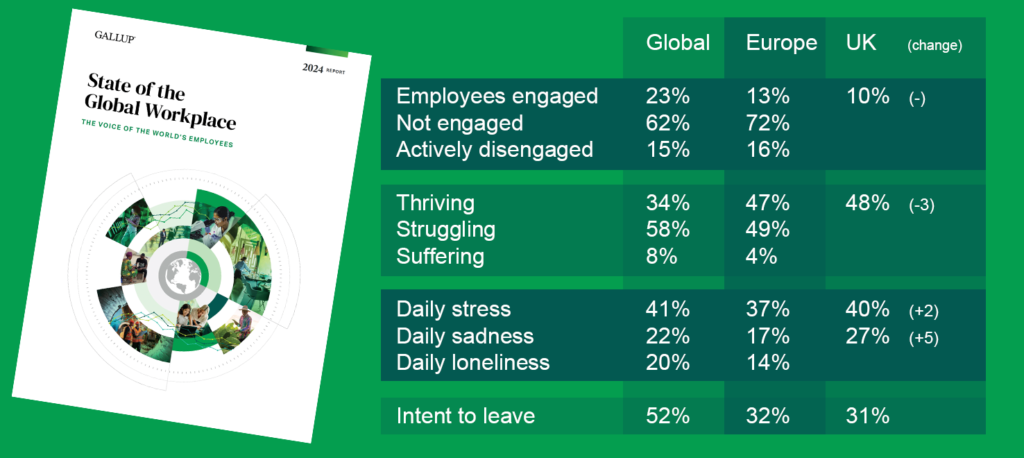Author: Rowan De Klerk, CEO of The CFO Centre South Africa
“What can somebody do in two days a week that a full-time resource cannot?”
This question challenges conventional thinking about leadership and talent. For Chief Financial Officers (CFOs) and senior executives, the burden of compliance, operational oversight and strategic planning has never been greater. Yet, many businesses continue to rely on full-time appointments, even when they may not deliver the desired value.
The access economy provides an alternative by giving companies the opportunity to bring in seasoned professionals on a fractional basis, offering expertise precisely where and when it is needed. This is not about cutting costs; it is about unlocking strategic value in a way that aligns with modern business demands.
Also known as the gig economy and often associated with roles like graphic design, copywriting or software development, it has now expanded far beyond these origins. Globally, the gig economy is projected to grow by 17% annually, reaching a value of $455 billion by the end of 2025. By 2026, this growth is expected to accelerate further, with more businesses tapping into gig workers to enhance operations and, crucially, to outsource strategic expertise.

What began as a way to fill creative or operational gaps has now extended to the executive level, not only in CFO roles but also in positions such as Chief Marketing Officer and Chief Technology Officer. This shift demonstrates the adaptability and breadth of the access economy, offering a practical solution to leadership challenges.
Regulatory requirements, such as the Financial Intelligence Centre Act (FICA), the Protection of Personal Information Act (POPIA), the General Data Protection Regulation (GDPR), Environmental, Social, and Governance (ESG) standards, and Broad-Based Black Economic Empowerment (B-BBEE) legislation, continue to expand. Compounding these challenges, the recently released IBM Cost of a Data Breach Report 2024 revealed that the average cost of a data breach for a business in South Africa is a staggering R53.1 million.
As a result, many CFOs are consumed by the day-to-day demands of compliance, financial reporting and managing risk, leaving little room to provide the strategic guidance their boards need.
This is not merely a leadership issue; it affects the entire organisation. According to Gallup’s State of the Global Workplace Report, only 21% of employees globally feel engaged at work. A lack of engagement often stems from leadership teams that are too focused on operational tasks to drive alignment and inspiration.

Fractional leadership offers a solution. By bringing in experienced professionals for specific, high-value tasks, businesses can maintain operational efficiency while ensuring that strategic priorities are not overlooked.
The benefits of fractional leadership are not hypothetical. A R500-million-a-year business initially hired a young, full-time CFO, hoping their CEO’s MBA experience would bridge any gaps. Unfortunately, the approach fell short, with operational inefficiencies and a lack of strategic direction emerging as significant challenges.
The business subsequently engaged a fractional CFO who worked just two days a week. This professional stabilised operations, provided critical insights and delivered measurable results. More impact was achieved in two days than a full-time hire managed in a year.
Fractional leadership is not simply about saving money. It is about maximising value by aligning expertise with business needs. Key advantages include:
- Deep expertise: fractional leaders bring years of experience and a proven track record.
- Strategic focus: they concentrate on high-value tasks, freeing internal teams to focus on execution.
- Flexibility: businesses can scale resources up or down as required.
Fresh perspectives: external professionals often challenge conventional thinking and drive innovation.

The access economy provides businesses with the agility they need to remain competitive in a rapidly evolving landscape.
In an era of increasing complexity and rising costs, the access economy offers a practical solution for businesses seeking to adapt and thrive. Fractional leadership bridges the gap between what organisations need and what they can afford, delivering results without overextending resources.
For CFOs, fractional roles create an opportunity to focus on strategy, innovation, and long-term sustainability, rather than being consumed by operational demands.
The question is no longer, “Why borrow a resource?” It is, “Why would you not?”
The access economy is not a passing trend; it is a critical approach for businesses aiming to align costs with impact. Strategic leadership on demand is no longer a novel idea but rather a practical strategy for the modern C-Suite. As the gig economy continues to expand, the possibilities for fractional leadership will only grow, reshaping how businesses achieve success at every level. Are you ready to empower your leadership team with additional strategic capability?
Share via:




















